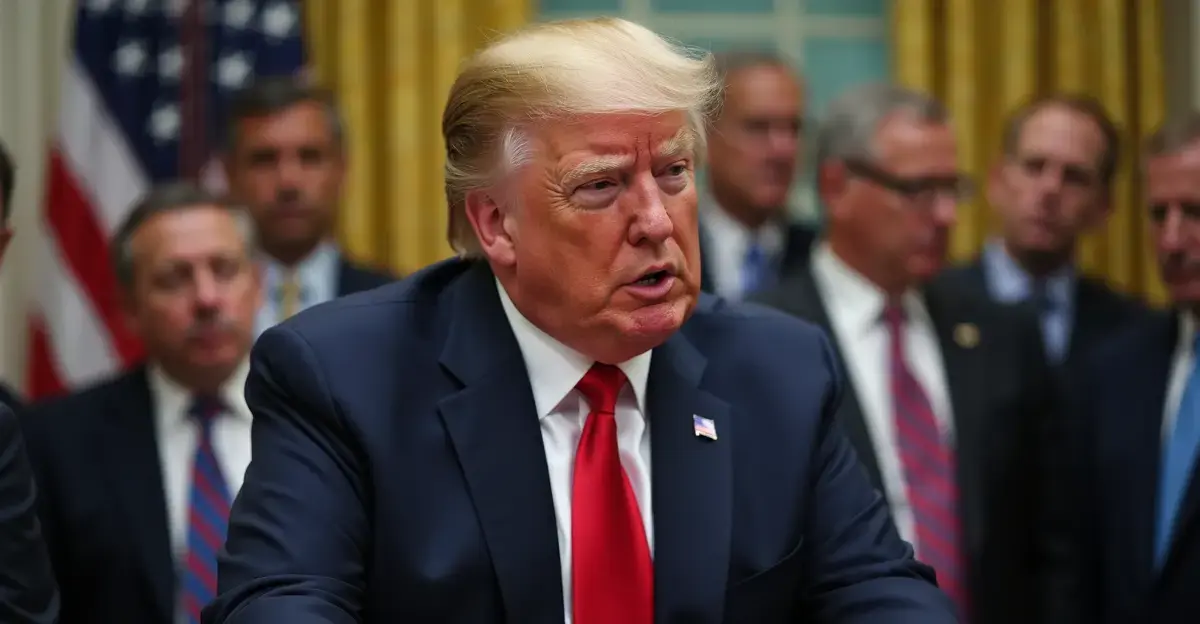
Global Central Banks Consider Dollar Reserve Pooling
Financial experts are calling for major central banks outside the United States to pool their dollar reserves as concerns grow about the reliability of Federal Reserve support during future crises. Adam Posen, president of the influential Peterson Institute for International Economics, made this recommendation during an ECB conference, warning that a politicized Fed under President Donald Trump might not provide dollar liquidity to foreign central banks when needed.
Growing Concerns About Fed Reliability
The Federal Reserve has historically provided dollar swap lines to foreign central banks during times of market stress, most notably during the 2008 financial crisis and the COVID-19 pandemic. These arrangements allow foreign banks to access US dollars to support their domestic financial institutions. However, Posen argues that political pressures and attacks on Fed independence make this support uncertain going forward.
"Whether it's acknowledged publicly or not, there has to be thinking short term about alternative pooling of assets and swap lines and dollars among major central banks and governments," Posen stated at the conference hosted by ECB President Christine Lagarde.
The Scale of the Challenge
The market for US dollar bonds and loans issued outside the United States totals approximately €25 trillion ($29 trillion), according to Bank for International Settlements data. Meanwhile, all foreign central banks combined hold dollar-denominated reserves of just €7 trillion. This significant gap means alternative arrangements would only be sufficient for local crises rather than global emergencies.
European central bankers have privately discussed such pooling arrangements, with the main concern being whether the pooled resources would be adequate for major financial disruptions. ECB supervisors have already warned banks about their dollar exposure, fearing that Fed swap lines might be withdrawn while economic conflicts increase market volatility.
Regional Solutions Emerging
Posen suggested that regional arrangements like the Chiang Mai Initiative among ASEAN nations and the Arab Monetary Fund could play greater roles in providing dollar liquidity. He also recommended that the ECB work to reduce systemic European institutions' dependence on dollar liquidity over the medium to long term.
Separately, European University Institute professor Thorsten Beck highlighted the risk of euro zone payments relying on US credit card providers Visa and Mastercard. The ECB is developing a digital euro to provide alternatives to these cards and dollar-denominated stablecoins.
The Federal Reserve earlier this year renewed liquidity lines with several major central banks and has never indicated it would end these facilities. However, the current political climate has raised questions about the long-term reliability of these critical financial safety nets.

 Nederlands
Nederlands English
English Français
Français Deutsch
Deutsch Español
Español Português
Português







